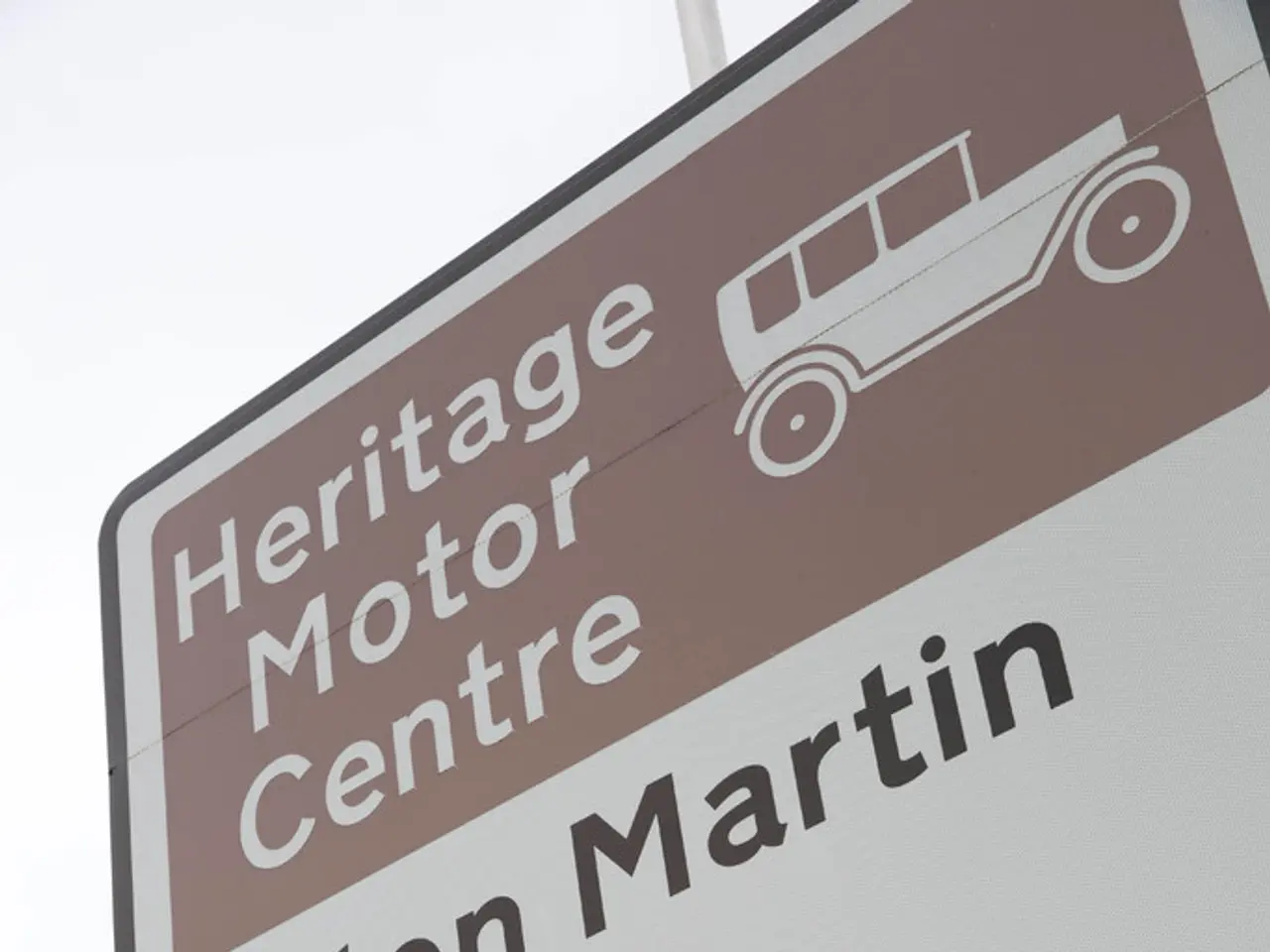Ireland's approach to tariffs necessitates tactical planning
In the wake of the recently approved EU-US trade agreement and the evolving global economic landscape, Ireland is poised to reevaluate its economic strategy. The focus lies on diversifying export markets beyond the US and EU, and strengthening indigenous industry through innovation and increased R&D investments.
The new EU-US trade deal, while offering potential benefits, also presents challenges. A baseline 15% tariff on many goods, higher than the previous 10%, poses an increased cost and challenge for Irish exporters, particularly in sensitive sectors like pharmaceuticals. This necessitates vigilance in monitoring trade policies and tariff adjustments to ensure Ireland's economic resilience.
Recognising the need to reduce reliance on the US market, the Irish government is actively developing a long-term economic strategy aimed at building economic resilience through diversification, sustainable development, and inclusive growth. This strategy includes investing in skills development, innovation, and transitioning to a low-carbon economy to maintain competitiveness amid global uncertainties.
Strengthening indigenous Irish enterprises is a priority, as these firms currently lag behind multinational corporations in R&D activity. The government plans to enhance their ability to access EU innovation and competitiveness funding and participate in significant EU projects, leveraging initiatives like the European Clean Industrial Deal and the Savings and Investment Union.
Addressing the gap between the EU and other regional trade blocs on competitiveness is vital for Irish firms to capture growth opportunities and cushion against external shocks. The government is considering ways to improve the competitiveness of Irish businesses in the short term, but current policy cannot be a rehash for the new strategy for competitiveness.
There are calls for support for Irish businesses exporting to the US to manage additional costs. However, the State cannot provide ongoing subsidies for businesses to sell to the US at tariff levels that are likely to persist. Companies can be helped to adjust to the new economic reality, but there is no point in State support for uneconomical exports.
The Government's new strategy for competitiveness, promised in the autumn, needs to take a serious view of infrastructure and human capital upgrading. This balanced approach supports job creation, growth, and sustainable development in line with global economic shifts.
In other news, the All Together Now music festival is scheduled for 2025, and there have been announcements of significant changes in the personal lives of celebrities Patrick Kielty and Cat Deeley.
The full-scale trade war may be avoided, but the details of the agreement's impact on various sectors are yet to be determined. The impact on different sectors will determine the extent of budget adjustments, and the Government needs to reexamine its budget sums over the coming months. Companies need assistance to find new markets in the short term, and the State is committed to helping them navigate these changes.
[1] Irish Times, "EU-US trade deal: What's in it for Ireland?" [2] Irish Examiner, "Ireland's new economic strategy: Building resilience amid global uncertainties" [3] RTÉ, "Ireland's pharmaceutical sector faces increased costs under EU-US trade deal" [4] Business Post, "Ireland's economic strategy: Diversifying export markets and strengthening indigenous industry"
[1] The Irish government is actively developing a long-term economic strategy to build economic resilience, which includes strengthening indigenous businesses through increased R&D investments and access to EU funding. This strategy is crucial for competitiveness and diversifying export markets beyond the US and EU. [2] Despite the potential benefits of the EU-US trade deal, the increased tariff on exported goods, particularly in sensitive sectors like pharmaceuticals, poses a challenge to Irish exporters and necessitates vigilance in monitoring trade policies.




